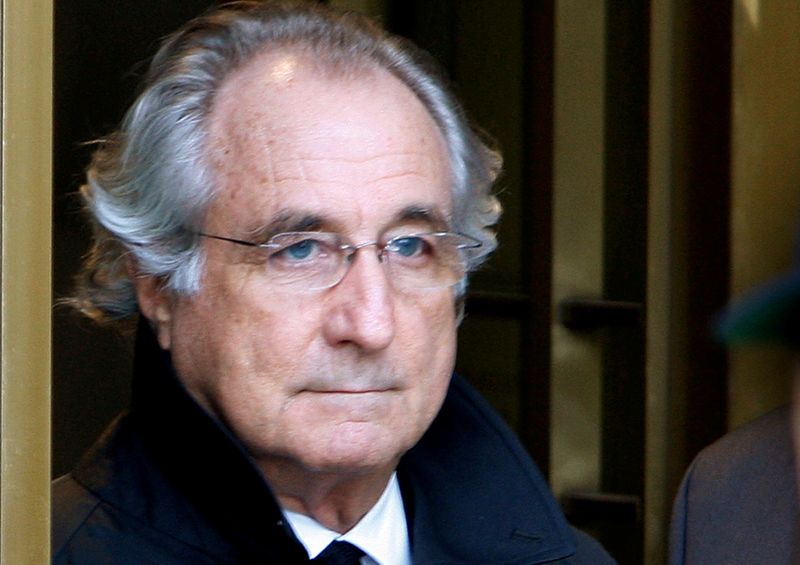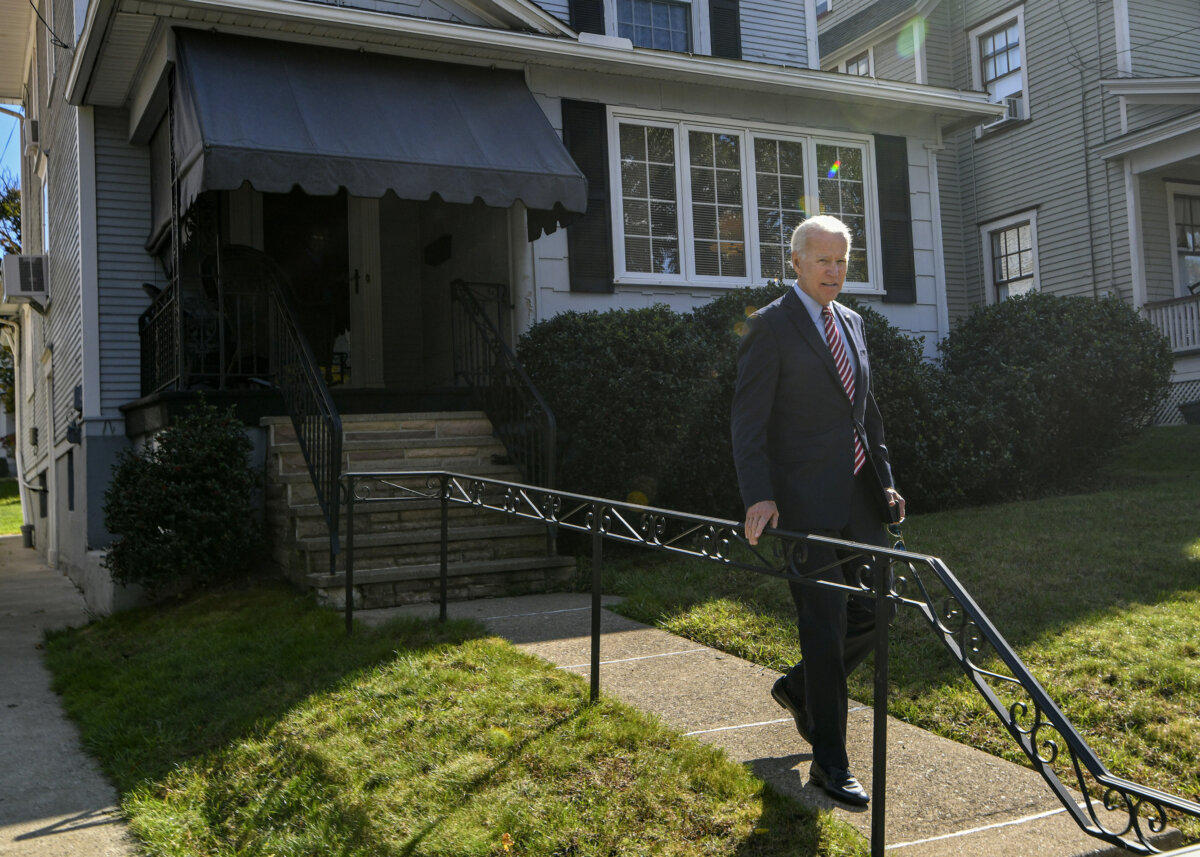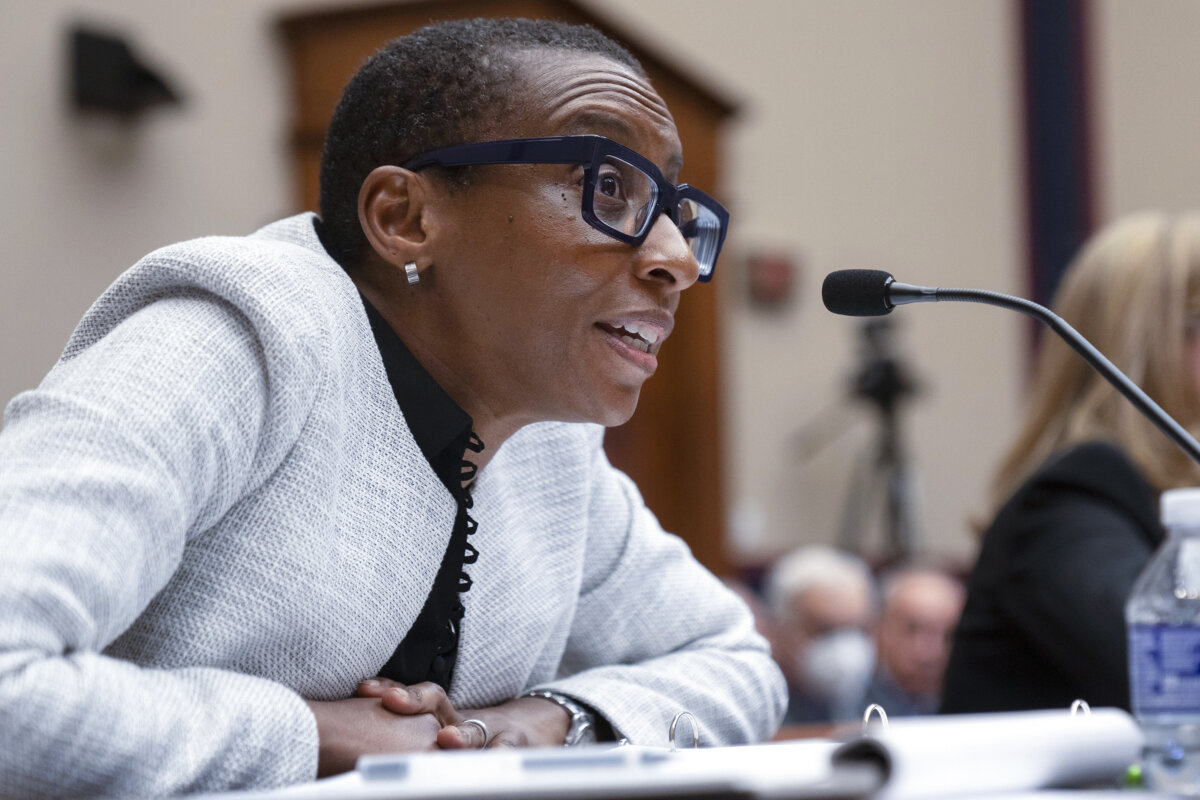NEW YORK (Reuters) – Overseers of two programs to compensate victims of Bernard Madoff’s Ponzi scheme have announced $679 million of new payouts, ahead of Friday’s 12th anniversary of the now-imprisoned swindler’s arrest.
The U.S. Department of Justice said that on Thursday it began paying out approximately $488 million to help individuals, schools, charities, pension plans and other recoup their losses.
On Wednesday, Irving Picard, the trustee liquidating the former Bernard L. Madoff Investment Securities LLC, said he will seek court approval next month distribute an additional $190.8 million to more than 800 former Madoff customers.
Following the payouts, the government will have sent close to $3.2 billion to nearly 37,000 victims from a $4.05 billion fund set up in 2013, while Picard will have sent $14.1 billion to Madoff customers he has estimated lost $17.5 billion.
The government fund is managed by former U.S. Securities and Exchange Commission Chairman Richard Breeden, and comes mainly from settlements with Madoff’s former bank JPMorgan Chase & Co and the estate of former Madoff investor Jeffry Picower.
Unlike Picard, Breeden is compensating victims who suffered indirect losses from Madoff, such as by investing in hedge funds that sent their money to him.
Madoff, 82, was arrested on Dec. 11, 2008 after admitting his fraud to his sons. He later pleaded guilty to 11 criminal counts and was sentenced in June 2009 to 150 years in prison by Circuit Judge Denny Chin, who was a trial judge at the time.
On June 4, Chin rejected Madoff’s request to be released early from prison because he was dying of kidney failure, saying the perpetrator of “one of the egregious financial crimes of our time” did not deserve compassionate release.
(Reporting by Jonathan Stempel in New York; Editing by David Gregorio)


















